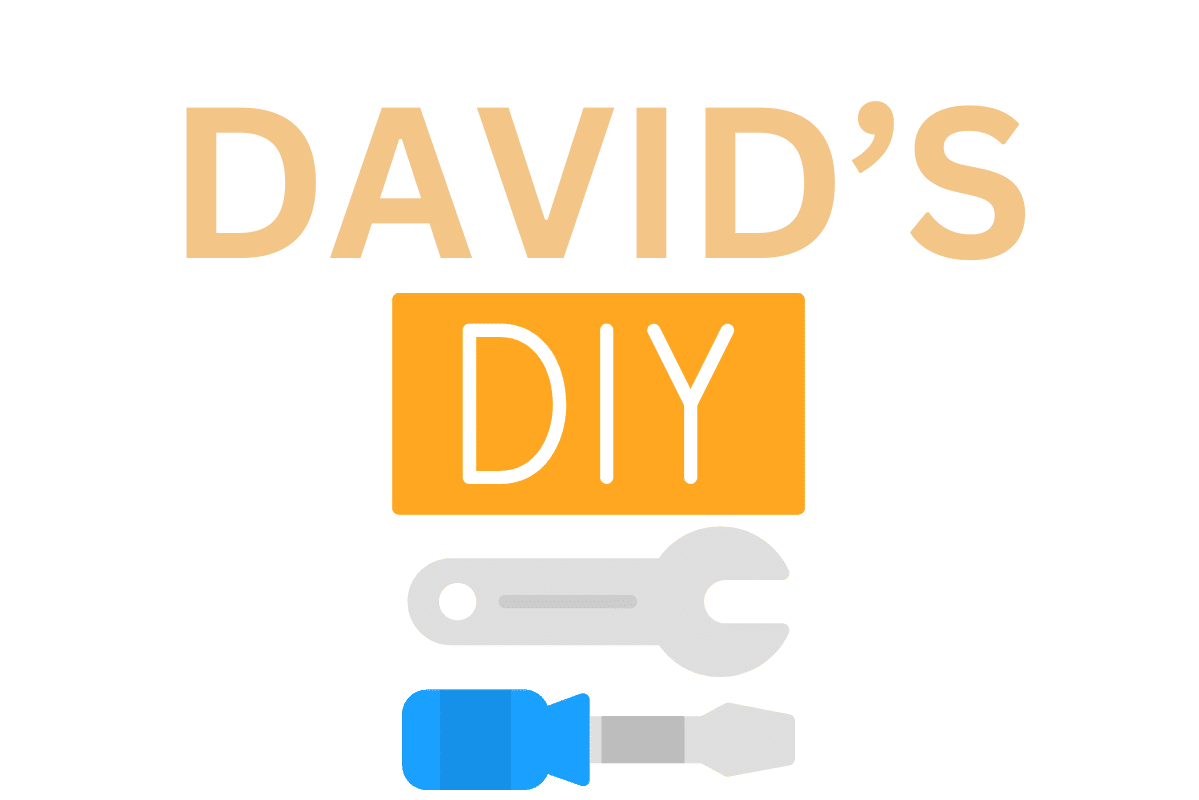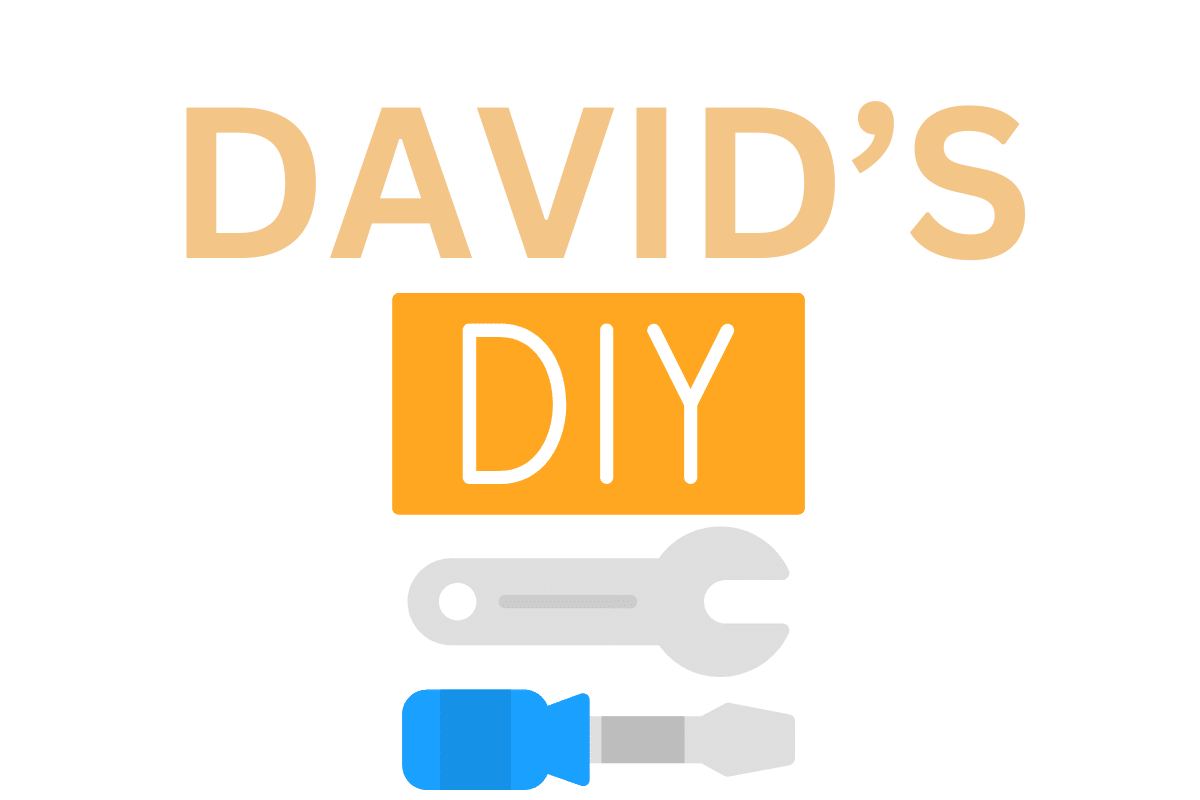Balancing between excitement and preparedness, as I ventured into setting up my first DIY workshop, I realized the importance of having a meticulous checklist. From organizing the workspace effectively to acquiring the right safety gear, every step in this process is crucial for a smooth and productive experience. However, one must pay particular attention to the selection of basic and power tools that align with the projects at hand. To ensure a successful workshop setup, let’s delve into the essentials that will lay the foundation for your DIY endeavors.
Workspace Setup
When setting up your DIY workshop, the most crucial step is creating an efficient and organized workspace. Workspace organization is key to maximizing productivity and enjoying your projects. Start by decluttering the area and investing in storage solutions like shelves, cabinets, and pegboards to keep tools and materials within easy reach. Utilize clear bins and labels to categorize items, making them simple to locate when needed.
Additionally, lighting plays a vital role in the functionality of your workspace. Proper lighting solutions can prevent eye strain and accidents while working on intricate tasks. Consider a combination of overhead lighting, task lighting (such as desk lamps), and natural light sources. Position lights strategically to eliminate shadows and ensure a well-lit environment. LED lights are energy-efficient and provide bright illumination for detailed work. By focusing on workspace organization and effective lighting solutions, you can create a functional and inspiring DIY workshop that enhances your crafting experience.
Basic Tools
To equip your DIY workshop efficiently, I recommend starting with a selection of essential basic tools that will serve as the foundation for your projects. These tools are crucial for both tool maintenance and technique improvement:
-
Hammer: A versatile tool used for driving nails, fitting parts, and breaking objects. Regularly check the head for wear and tear, and keep it clean and rust-free to prolong its lifespan.
-
Screwdriver Set: Essential for turning screws, these come in various types and sizes. Ensure the tips are not worn out to prevent damaging screws. Proper storage in a designated holder can help maintain their condition.
-
Tape Measure: Used for taking measurements, a good quality tape measure is a must-have for accuracy. Avoid bending or dropping it to ensure precise measurements and markings, aiding in the improvement of your woodworking or construction techniques.
Power Tools
Power tools are essential for efficiently completing various DIY projects, offering increased productivity and precision compared to manual tools. When setting up your DIY workshop, consider a drill for making holes and driving screws, a circular saw for cutting wood, and a jigsaw for intricate cuts. Maintaining your power tools is crucial for longevity and performance. Regularly clean them, lubricate moving parts, and store them in a dry place to prevent rust. Check power cords for damage and ensure all safety features are functional before each use.
For project ideas, start with simple tasks like building a shelf or a small table to familiarize yourself with your tools. As you gain confidence, try more advanced projects like constructing a workbench or even remodeling a room. Joining online DIY communities or attending workshops can provide inspiration and guidance for your projects. Remember, practice and patience are key to mastering the use of power tools effectively.
Safety Equipment
Safety equipment plays a crucial role in ensuring protection and minimizing risks during DIY projects in your workshop. When setting up your workspace, investing in the right safety gear is essential to keep yourself safe while working with tools and materials that may pose potential hazards. Here are three must-have protection equipment items to prioritize:
-
Safety Glasses: Shield your eyes from flying debris, dust, and other particles that could cause harm. Opt for a comfortable pair that fits securely to prevent any accidents while cutting, sanding, or drilling.
-
Ear Protection: Loud power tools can damage your hearing over time. Invest in earplugs or earmuffs to reduce the risk of hearing loss and ensure a more comfortable working environment.
-
Work Gloves: Choose durable work gloves to shield your hands from cuts, splinters, and abrasions. They provide a better grip on tools and materials, enhancing both safety and productivity in your workshop.
Storage Solutions
Efficient organization is key to maximizing space and productivity in your DIY workshop when considering Storage Solutions. To make the most of your workshop space, consider implementing some organization tips and utilizing versatile shelving options. Wall-mounted shelves are great for keeping tools within easy reach while saving floor space for larger equipment. Pegboards are also excellent for organizing hand tools and small items like nails and screws.
For further space-saving ideas, invest in tool cabinets with drawers and compartments to store tools of various sizes neatly. These cabinets not only keep your tools organized but also protect them from damage. Additionally, utilizing stackable storage bins or clear containers can help you see what’s inside without rummaging through everything.
When setting up your DIY workshop, think about the layout and flow of your space. Keep frequently used tools easily accessible and arrange items based on how often you use them. By incorporating these storage solutions effectively, you can create a well-organized and efficient workshop that enhances your overall DIY experience.

